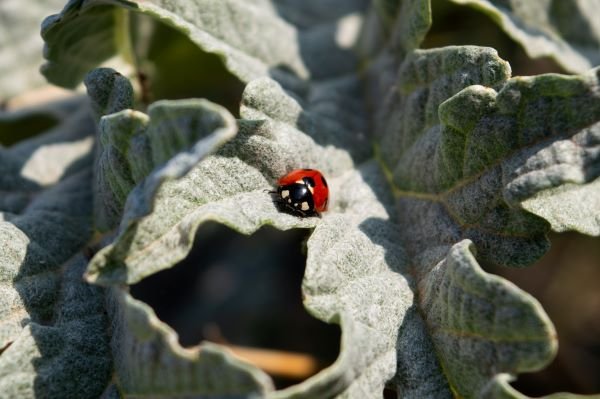Organic Pest Control: Nature’s Balanced Approach to Guarding Your Garden
In every gardener’s journey, there’s an inevitable encounter with pests. Yet, in the realm of organic gardening, the approach to these pesky invaders is not warfare but balance. Welcome to the world of Organic Pest Control—a harmonious method that respects the balance of nature while ensuring your plants thrive.
Understanding Organic Pest Control
Organic pest control isn’t about eradicating all pests. It’s about managing them. Instead of using synthetic chemicals that can harm beneficial insects and the environment, organic gardeners employ natural methods, understanding that a healthy garden is one where nature’s checks and balances are maintained.
Natural Pesticides: The Organic Armory
Derived from natural sources (often plants), natural pesticides offer a safer alternative to chemical ones. They break down more quickly, reducing environmental impact and harm to beneficial insects.
- Neem Oil: Extracted from the seeds of the neem tree, this oil acts as a repellent, preventing pests from feeding on plants. Its antifungal properties also help combat various plant diseases.
- Diatomaceous Earth: A powder made from fossilized aquatic organisms, it works by piercing the exoskeleton of insects, causing dehydration and death. Safe for humans and pets, it’s a go-to for many organic gardeners.
Companion Planting: Nature’s Wisdom in Action
Some plants, when grown together, can either repel pests or attract their natural predators. This method, known as companion planting, is a subtle yet effective approach to pest management.
For example:
- Planting marigolds alongside tomatoes can repel nematodes.
- Basil paired with peppers can deter thrips and aphids.
Beneficial Insects: Allies in the Organic Garden
Not all insects are foes. Many play a pivotal role in keeping pest populations under control.
- Ladybugs: These vibrant beetles feed on aphids, mites, and scales.
- Praying Mantises: These predators consume various pests, from aphids to caterpillars.
By providing a habitat for these insects (like planting flowering plants), you can naturally boost their populations in your garden.
Organic Insect Repellents: Keeping Pests at Bay
Certain plants and natural substances can act as repellents, driving pests away from your garden. Planting herbs like lavender, rosemary, and mint or using their essential oils can deter a variety of insects.
Conclusion: The Balanced Approach
The essence of organic pest control lies in understanding and harnessing nature’s balance. Whether you’re using neem oil, betting on the power of companion planting, or welcoming beneficial insects into your garden, remember: it’s about coexistence, not conquest. Let nature be your guide, and your garden will not only thrive but also become a sanctuary for various forms of life.
Check Out my other blog posts:
Check out my other websites:
For woodworking enthusiasts – JLH-Rentals.com
Interested in travel to Europe – GramAndPapTravel.com






